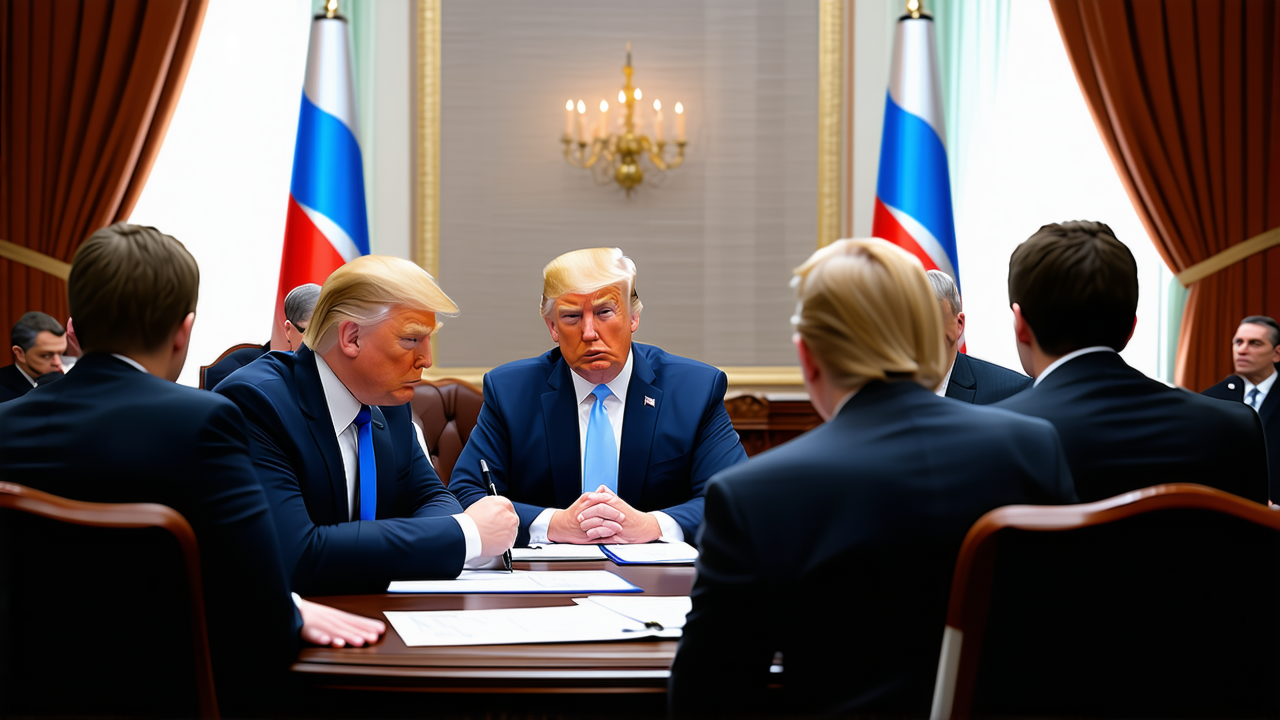New Zealand Denies Being Part of 'Trifecta' with Cook Islands and China, Says Winston Peters
New Zealand Denies Being Part of 'Trifecta' with Cook Islands and China, Says Winston Peters
New Zealand Foreign Minister Winston Peters has strongly denied claims by the Cook Islands that the two nations are part of a 'trifecta' when engaging with China, a statement that has sparked renewed tensions between the two countries. This comes in the wake of the Cook Islands signing four significant agreements with China in February, which New Zealand has described as a misstep in their long-standing relationship.
Peters, speaking on Pacific Waves, said the suggestion that New Zealand is a third-party in the Cook Islands' relationship with China is 'utterly wrong.' He emphasized that the 60-year special relationship between the two nations is not being undermined by the recent developments. 'They were required under our arrangement and agreement to consult with us when these matters might affect more widely themselves but also other countries and our relationship,' he said.
The Cook Islands, which is in a free association with New Zealand since 1965, has the right to govern its own affairs, but New Zealand provides assistance with foreign affairs, disaster relief, and defense upon request. However, the current diplomatic rift has led to the temporary suspension of $18.2 million in funding from New Zealand to the Cook Islands.
Prime Minister Mark Brown of the Cook Islands has stated that if New Zealand is unable to support the Cook Islands' national infrastructure investment plan, the nation may look elsewhere for assistance, including China. Peters has challenged Brown to hold a referendum on the matter, stating that any change in the relationship should be decided by the people of the Cook Islands, not just by politicians.
'They can let us know whether they want the relationship or whether they want independence,' Peters said. 'Because if you behave like you want independence, then above all, that should be up to the Cook Islands people to decide, not just a temporarily-empowered politician or government.'
Historically, the two nations have had agreements and pacts to define their relationship, such as the one signed in 2001 under former Prime Minister Helen Clark and Cook Islands Prime Minister Terepai Moate. Peters has said that if the relationship is to change, it must be done with the consent of the Cook Islands people.
Next month, the Cook Islands will celebrate its 60th Constitution anniversary. However, New Zealand's Governor-General, Dame Cindy Kiro, will not be attending as the country's representative, a move that has been described as a diplomatic snub. Peters said that Kiro is the highest constitutional representative from New Zealand and that her attendance would have been appropriate.
The situation has raised broader questions about the future of the Cook Islands' relationship with New Zealand and whether the Cook Islands will continue to rely on its free association with New Zealand or seek more independent foreign relations. As the diplomatic tension continues, the Cook Islands faces a critical moment in its political and economic future.
